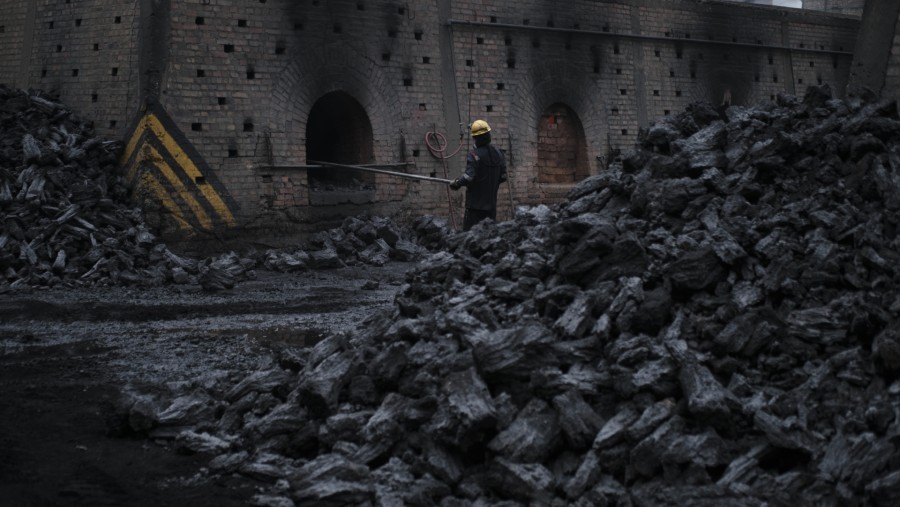The Indonesian Coal Mining Association (APBI/ICMA) has emphasized that the reduction in coal consumption for power generation in Australia has not significantly impacted Indonesia.
Acting Executive Director of APBI/ICMA, Gita Mahyarani, confirmed that coal usage for power plants in Australia has indeed dropped below 50% — precisely at 49.2% — over the past two weeks.
Australia is currently striving for an energy transition by reducing the share of fossil fuels in its domestic power generation mix.
"This transition has also made Australia one of the most unstable electricity markets in the world, leading to an unprecedented suspension of spot trading in June 2022," Gita explained in a statement on Wednesday (September 4, 2024).
For comparison, she added, the use of coal-fired power plants in Australia decreased from a peak of 87% in 2006 to 56% last year. In 2023, wind and solar energy together contributed 31% of the country's total electricity output. Meanwhile, over the past two weeks, wind power generation accounted for slightly more than 25% of total capacity during this period.
Gita pointed out that Australia's actions have not directly impacted global coal stockpiles or prices. Likewise, Indonesia's export market has not been affected by the decline in coal consumption in Australia.
Australia, Gita noted, primarily produces and exports high-calorie coking coal to Japan. In August, Australia exported 7 million tons of coking coal to Japan and only around 5.5 million tons to China, which is one of the largest markets for Indonesia's thermal or lower-calorie coal.
"Compared to Indonesia, in July, Indonesia exported 18.80 million tons to China and 2.4 million tons to Japan. This indicates a difference in the quality of coal offered. [Therefore], there has been no significant impact on Indonesia yet," she emphasized.
As of Tuesday (September 3, 2024), coal prices on the ICE Newcastle market for this month's delivery were priced at USD 142/ton, down by 1.32%, marking the lowest level since July 31, or more than a week.
Coal prices had rallied, reaching USD 150/ton in mid-August, which was the highest price in 2024.
From a fundamental perspective, news from Australia appears to be a negative sentiment for coal prices. Bloomberg previously reported that, for the first time in history, Australia recorded coal usage falling below 50% in its energy mix.









